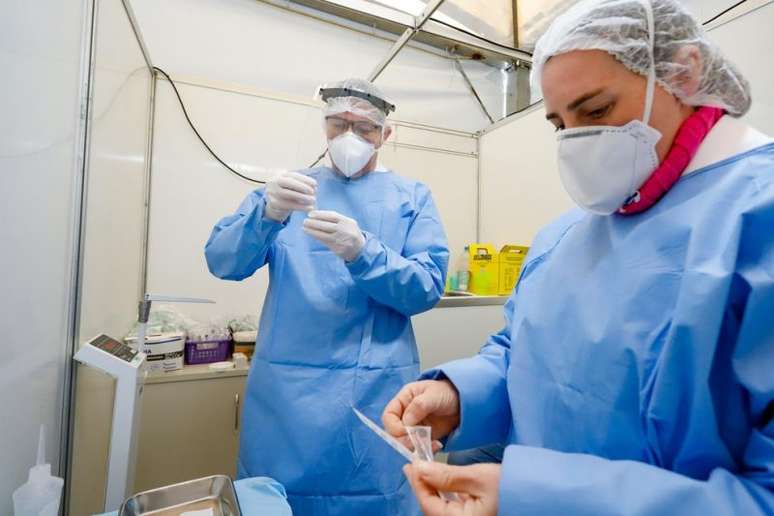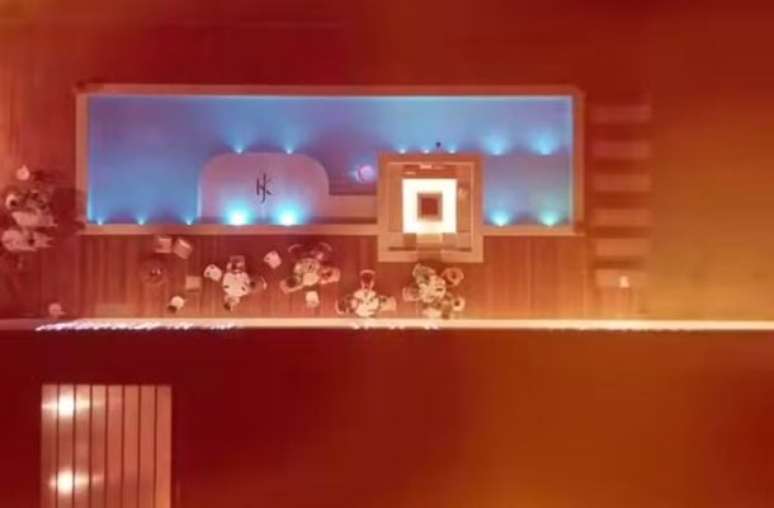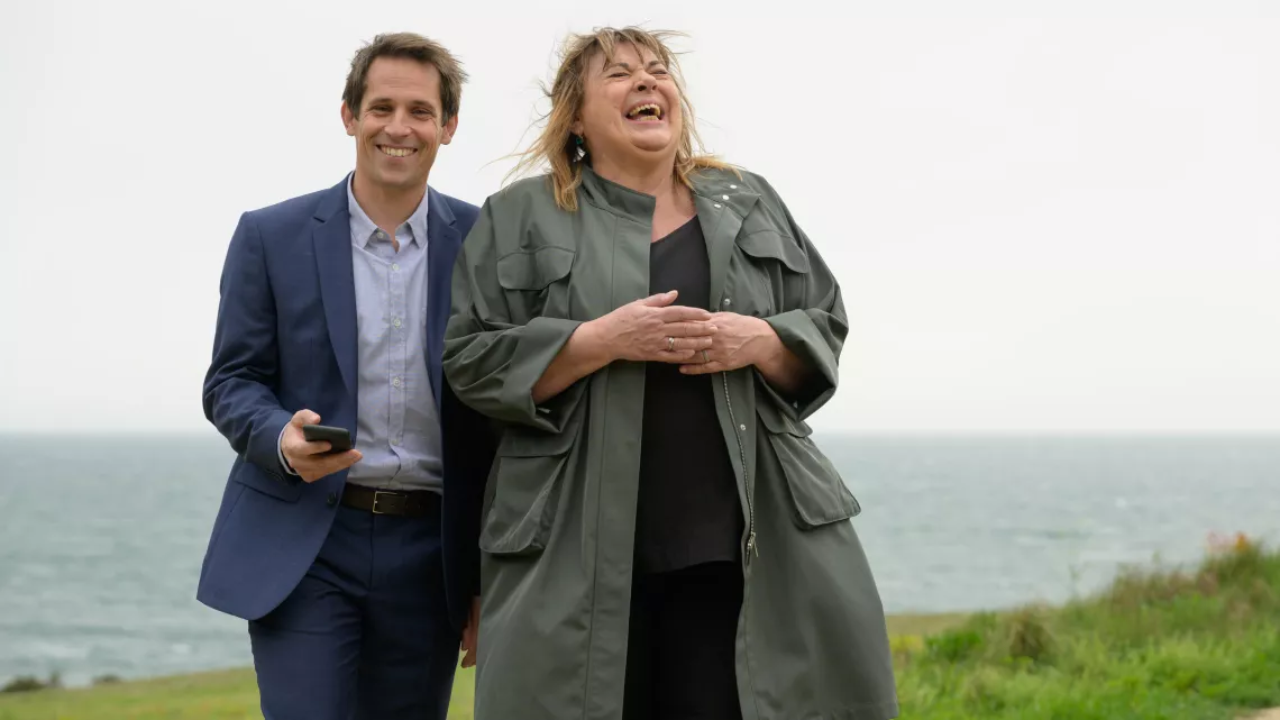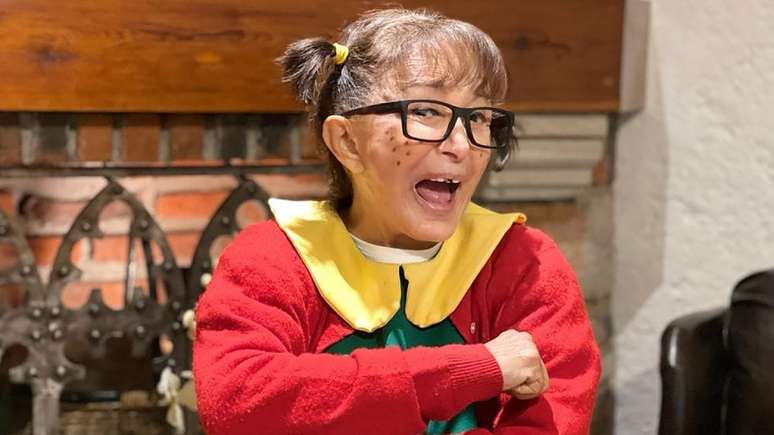The state records 64 hospitalizations in one week, reinforcing the importance of vaccination
Rio Grande do Sul has faced a significant increase in hospital admissions due to COVID-19-related complications in recent weeks. Between 8 and 14 October, 64 hospitalizations were recorded for respiratory problems related to the disease, compared to just 14 in the period from 20 to 26 August. This alarming increase highlights the urgency of vaccination, especially with the updated dose of the bivalent vaccine, as less than 20% of the population over the age of 18 has received the vaccine so far.
The deputy head of the Epidemiological Surveillance Division of the State Center for Health Surveillance (Cevs), Letícia Martins, underlined that the coronavirus can now be considered endemic, which means that it will continue to circulate with peaks in certain periods of the year, similarly to the influenza virus. She also highlighted that the low coverage of the bivalent vaccine in adults over 18 years of age is concerning, as this vaccine has a genomic composition closer to the variants currently in circulation.
Additionally, there was a significant increase in the proportion of hospitalizations for severe acute respiratory syndrome (SARS) due to COVID-19 compared to other causes. While the coronavirus accounted for 6% of SARS hospitalizations in the week of August 20-28, this number increased to 26% in the week of October 8-14.
As hospitalizations increased, there was a corresponding increase in deaths, albeit in smaller proportions. In the last three weeks, 18 COVID-19 deaths have been recorded in the state, 16 in individuals above the age of 60 and the other two in people with comorbidities. All recent deaths have occurred in people with risk factors, highlighting the importance of vaccination for these vulnerable groups.
The State Health Surveillance Center (Cevs) continues to monitor the coronavirus variants circulating in the State, including the Ômicron variant and the EG5.1 sublineage, known as Éris. However, despite surveillance efforts, vaccination remains the main tool to contain the spread of the disease.
Regarding vaccinations, the low immunization rate among children in Rio Grande do Sul is of concern: only 36% of the approximately 1.6 million children between 6 months and 11 years of age have received two doses of the vaccine against Covid-19. Among adolescents aged 12 to 17, the vaccination rate is a little more promising, reaching 82%.
However, even among adults aged 18 years and older, the vaccination rate is considered low. To date, approximately 18% of the population in this age group has received the bivalent vaccine. A new dose is not expected for those who have already been vaccinated with the bivalent.
Health authorities estimate that vaccination will be selective in 2024, prioritizing high-risk groups based on exposure and likelihood of severe disease progression, following a protocol similar to annual influenza vaccination. However, this approach still awaits a definition by the Ministry of Health.
Source: Terra
Rose James is a Gossipify movie and series reviewer known for her in-depth analysis and unique perspective on the latest releases. With a background in film studies, she provides engaging and informative reviews, and keeps readers up to date with industry trends and emerging talents.


![Tomorrow belongs to us: What awaits you on Tuesday, 2017, in the episode of August 26, 2025 [SPOILERS] Tomorrow belongs to us: What awaits you on Tuesday, 2017, in the episode of August 26, 2025 [SPOILERS]](https://fr.web.img4.acsta.net/img/3d/90/3d902956fb23a573c7a779c0567ae2e0.jpg)




